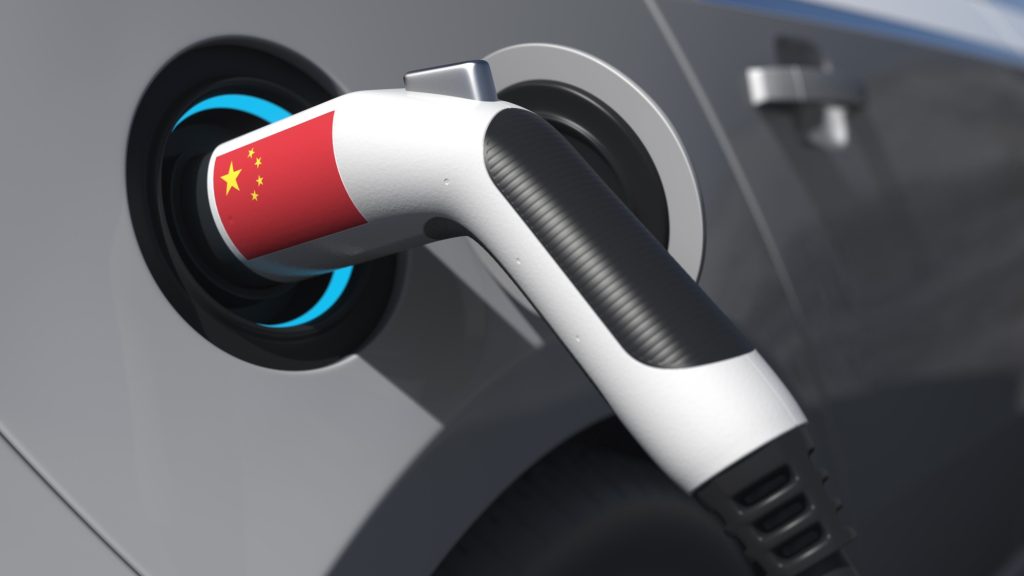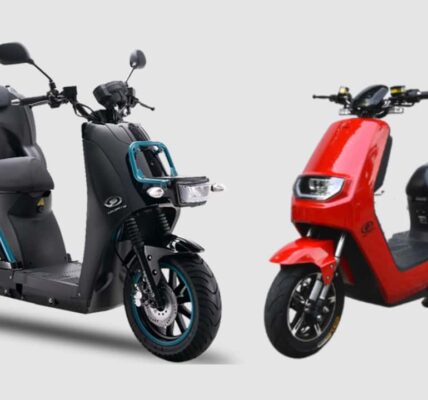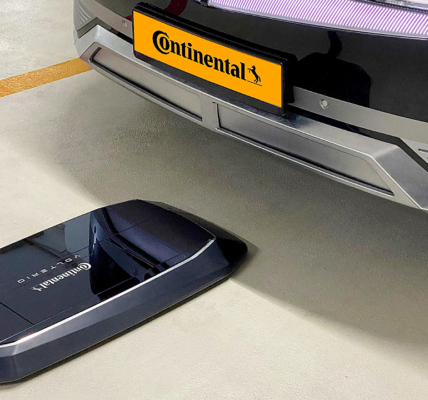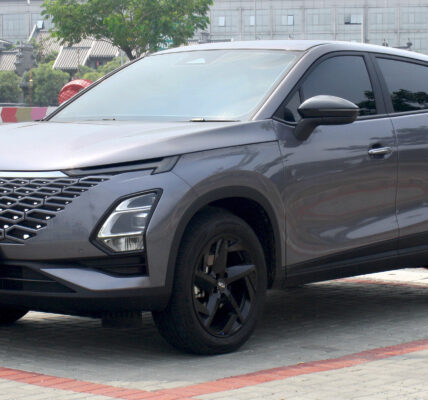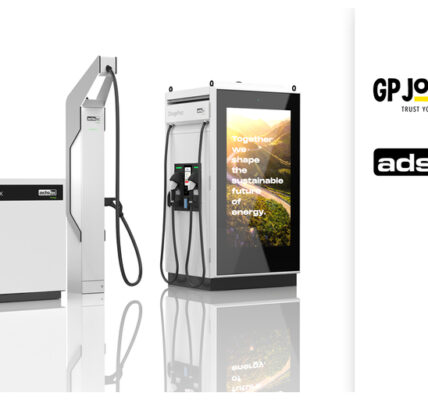At the International Motor Show in Munich last month two things stood out: the number of sleek electric models from Chinese brands, and the European auto executives who had little to offer except to talk up e-fuels.The risk of European carmakers losing ground to Chinese rivals on electric cars is real. Export-driven German brands have already lost in China. And the sales of China-made EVs, including those by Tesla and Renault’s Dacia brand, are surging in Europe.
Don’t be fooled: this is not about unfair practices or lax environmental standards outside of Europe. This is because the Chinese have better batteries, better software and better infotainment systems, which modern drivers want.
European carmakers are behind because they were too arrogant and too slow in investing in electrification.
First, they touted “clean diesel” as the future; then came Dieselgate. So, the industry pretended plug-in hybrids, which use both an electric and a petrol drive, were a better fit. These turned out to be “fake electrics”, prompting governments to remove incentives.
Now we are living the third lie; that synthetic diesel and petrol – made by combining hydrogen with carbon – will save combustion engines from obsolescence. But these e-fuels are simply making e-fools of the European car industry.Let’s start with the basics.
Synthetic petrol and diesel are similar in composition to their fossil alternatives and are burnt in the same way in a combustion engine. As such, they emit the same amount of carbon in use if you were driving on fossil fuel. They also emit many toxic air pollutants.There is nothing you can do about the pollution part (so it can never be a “zero emission” solution), but the CO2 part can be neutralised in the production phase. That’s why the text around Europe’s 2035 zero emission target for new cars talks about allowing “climate neutral” fuels.The Commission has recently attempted to define under what conditions this label is justified.The Commission has rightly suggested that only 100% climate-neutral fuels should be allowed. But, ironically, after years of claiming how clean these fuels can be, the e-fuel proponents now say this is not possible.They want to reduce this to just a 70% CO2 reduction instead. If Europe goes down this path, it will forever allow cars that emit an equivalent of 61 gCO2 per km, not that much better than today’s plug-in hybrids.
And now let’s move to the real world.Even if we can apply all this effort to make e-fuels climate-neutral – to placate German liberals and their oil friends – will they really withstand the influx of superior Chinese electric cars? That would be the biggest e-folly yet.Synthetic petrol and diesel require five times more energy to produce than direct electrification such as batteries. This is important in business.Cut out from the global oil supply, German refineries were famously producing road and aviation fuel from coal in the 1940s (with a concept not dissimilar to e-fuels today).
But despite the engineering ingenuity, the process didn’t stick. As soon as oil started flowing again, refineries reverted back to the more optimal solution. Efficiency is not a theoretical concept – it matters for business and competitiveness.
Inefficiency also comes at a price. Take trucks for example, where lawmakers in the European Parliament are fiercely debating labelling the use of synthetic diesel as equally green as battery and hydrogen trucks.In a sector with the tightest margins, fuelling with e-diesel will cost transport operators almost 50% more than operating a battery-electric truck. The truth is that most major truckmakers do not want these included in the truck CO2 standards, as no haulier would buy the most expensive option.E-fooling ourselves will cost Europe dearly. We risk losing another five years debating whether the 2035 cut-off date for car engines is the right thing, while US and Asian competitors are capturing the electric mass market not just in Europe but globally.
In trucks, where we still hold the lead, we risk diverting attention to a non-solution instead of building up the supply of electric rigs and chargers.Wissing’s failed attempt to put together a global coalition in favour of e-fuels at the IAA was an embarrassing damp squib.
E-fuels are at best a niche solution in road transport and should take up just as little political capital.That capital should instead be spent on industrial policies to deliver battery factories and onshore critical minerals supply and put in place smart trade policy to build a competitive EV industry in Europe.


